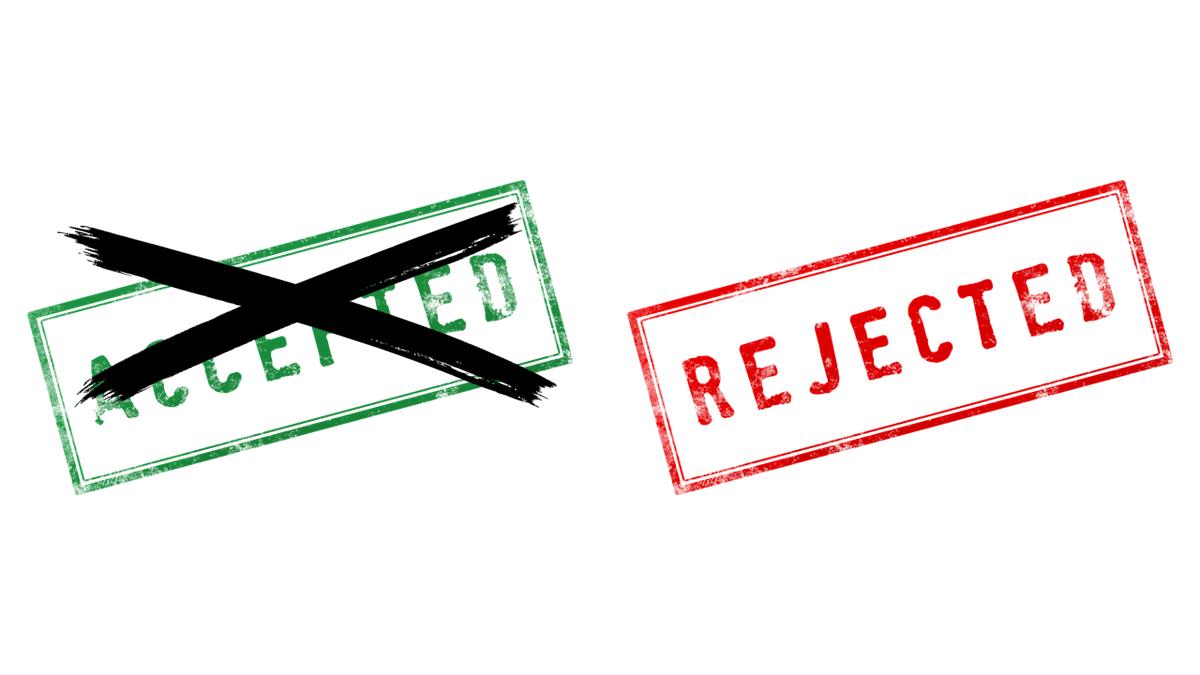Lilly's Alzheimer's drug gets UK nod, but no NHS funding

The UK medicines regulator approved Eli Lilly's Alzheimer's disease therapy Kisunla today, but the drug is too expensive to be funded by the NHS, according to cost-effectiveness watchdog NICE.
Great Britain is the first country in Europe to approve amyloid inhibitor Kisunla (donanemab) and only the third to do so worldwide after the US and Japan.
The decision not to provide NHS funding has caused consternation among patient advocacy groups, including Alzheimer's Research UK, which has launched a campaign to ask the public to lobby their MPs to attend a meeting in December to raise awareness of dementia and the challenges faced by people living with cognitive impairment.
NICE's position is that the costs of providing Kisunla, including regular infusions and intensive monitoring for serious side effects, outweigh its "relatively small benefit", so cannot be considered good value for taxpayers.
The move comes just a few weeks after NICE also turned down Eisai and Biogen's similarly-acting Alzheimer's therapy Leqembi (lecanemab) for the same reasons. The two drugs are the first to be cleared in the UK that address an underlying disease process in the disease.
Lilly said in a statement that there are 982,000 people estimated to be living with dementia in the UK, with 50% to 75% of those caused by Alzheimer's and a total estimated cost to the country of £42 billion in 2024.
"People around the world want and deserve access to treatment options for this disease," commented Lilly's head of international, Ilya Yuffa. "This approval in GB is another significant step to ensure patients with Alzheimer's disease can receive treatment with this new class of amyloid targeting therapies, which could give them more time in the early symptomatic stage of the disease to do what matters most to them."
The company stopped short of commenting directly on NICE's draft guidance, but said it will "continue to work closely with NICE during the consultation period ahead of a final reimbursement decision for use in the NHS."
NICE's position is that there are uncertainties about how much benefit Kisunla provides and how long this lasts after stopping treatment, while more work is needed to understand the costs of providing the drug via the NHS.
One of the patients treated in clinical trials of Kisunla, Peter Almond, said: "I feel like donanemab has helped keep me functioning at the same level as when I began the trial. I am one of the lucky ones - I can still read, write, plan, and drive."
He added: "Today's news means me and many others won't benefit from this drug. Without donanemab, I have no idea what the future holds. The thought of my disease quickly progressing, and not knowing where or who I am, terrifies me."
It seems there is a massive divide between NICE and the company on what might be considered affordable, with Alzheimer's Research UK reporting that a spokesperson for the health technology assessment (HTA) organisation said its cost-effectiveness estimate for donanemab is five to six times above what NICE normally considers an acceptable use of NHS resources.
For now, anyone eligible for the drug and who wishes to receive it will have to pay for it privately. NICE is scheduled to make a final decision in 2025, after collecting further evidence from the public.












